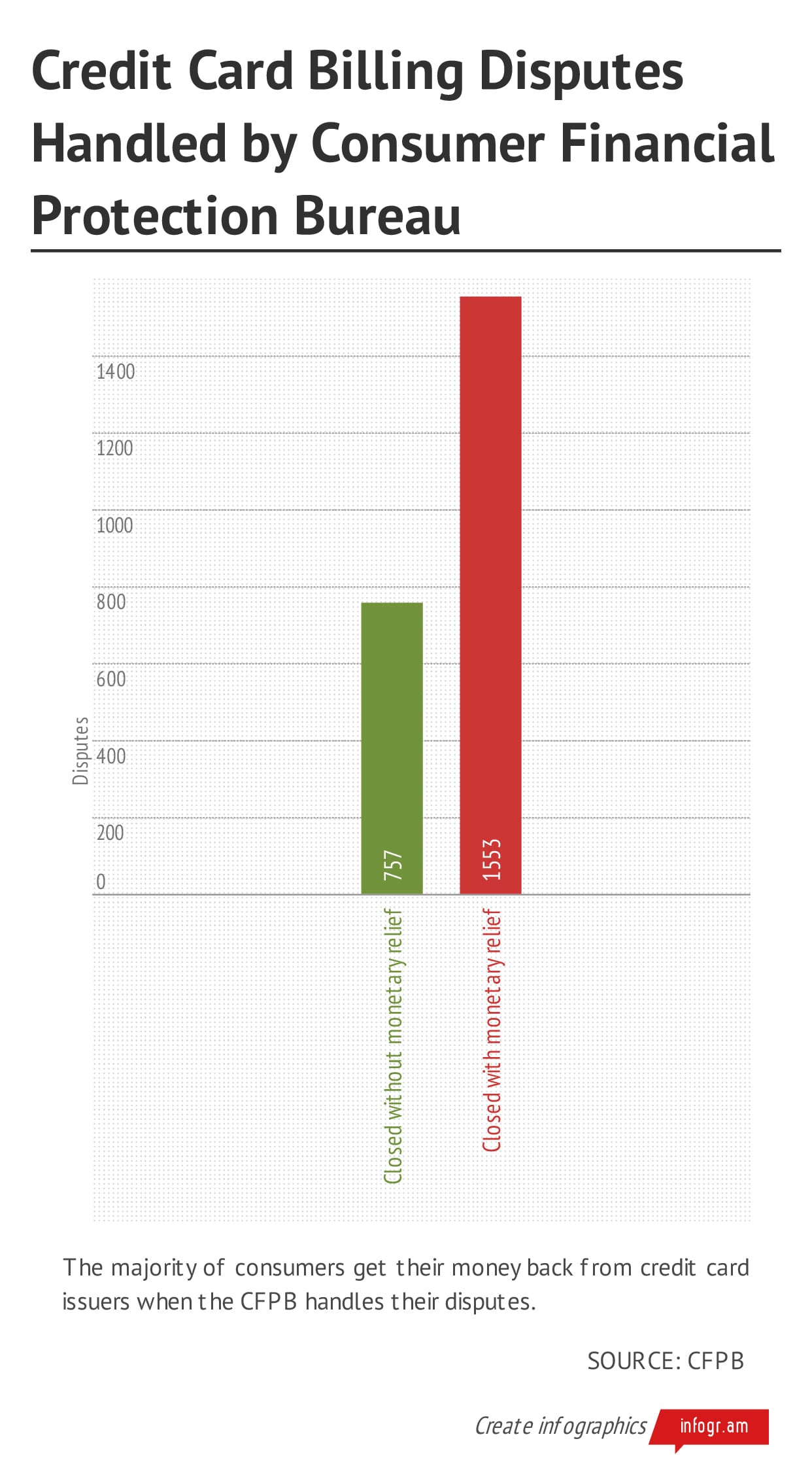Who pays when you dispute a credit card charge?
Summary of the Article: “Who pays when you dispute a credit card charge?”
1. What happens to the merchant when you dispute a charge: Once a payment dispute is filed, it progresses to a chargeback, and the funds are moved from the merchant’s account to the consumer’s. The merchant has no control over this process.
2. Who pays when you win a credit card dispute: When you dispute a charge and win, your issuing bank will initially provide you with a provisional credit. However, they will recover those funds (including fees) from the merchant’s account.
3. Will I get my money back if I dispute a charge on my credit card: When disputing a transaction, you generally have two options: a refund from the merchant or a chargeback from your card issuer. Requesting a refund directly from the merchant should be the first step.
4. What happens after I dispute a credit card charge: Your credit card company will likely remove the charge from your statement during the dispute process. You won’t need to pay it until a decision is reached, and if you win, you won’t need to pay it at all.
5. Can a merchant win a dispute: While it’s difficult to prevent all chargebacks, merchants can fight and win chargeback disputes with thorough records, a convincing rebuttal letter, and compelling evidence.
6. Do banks contact merchants for disputes: If a bank files a chargeback, they will transmit the dispute information to the merchant’s bank (acquirer). The issuer will also retrieve the disputed amount from the acquirer. This process occurs between the two banks.
7. Do customers win credit card disputes: Customers have a decent chance of winning credit card disputes, as businesses only fight 43 percent of disputes filed against them. Only 12 percent of chargebacks get reversed in the company’s favor.
8. How often do customers win credit card disputes: The average merchant wins approximately 45% of the chargebacks they challenge through representment. However, the average merchant only wins 1 in every 8 chargebacks issued against them.
9. How successful are credit card disputes: Your chances of prevailing in a credit card dispute are relatively decent, with businesses fighting only 43 percent of disputes and only 12 percent of chargebacks getting reversed in their favor.
10. What to do if a merchant refuses to refund: If you are unable to get a refund from the retailer, file a chargeback with your credit card company. Most credit card companies provide options for disputing purchases via phone, letter, online, or through their mobile app.

What happens to the merchant when you dispute a charge
Once the payment dispute is officially filed, it officially progresses to a chargeback. The funds are moved from the merchant's account to the consumer's. The merchant has no say in this; in fact, the seller may not even know about the dispute until the money is debited from their account.
Who pays when you win a credit card dispute
Who pays when you dispute a charge Your issuing bank will cover the cost initially by providing you with a provisional credit for the original transaction amount. After filing the dispute, though, they will immediately recover those funds (plus fees) from the merchant's account.
Cached
Will I get my money back if I dispute a charge on my credit card
Generally, you'll have two options when disputing a transaction: refund or chargeback. A refund comes directly from a merchant, while a chargeback comes from your card issuer. The first step in the dispute process should be to go directly to the merchant and request a refund.
What happens after I dispute a credit card charge
Your credit card company will likely remove the charge from your statement during the dispute process. You won't need to pay it until a decision is reached regarding the dispute, and if you win, you won't need to pay it at all.
Cached
Can a merchant win a dispute
Chargeback Disputes: Final Thoughts
Fighting customer chargebacks can be a costly, time-consuming headache for merchants. Unfortunately, there's no way to prevent all chargebacks—but with thorough records, a convincing rebuttal letter, and compelling evidence, merchants can fight chargebacks and win.
Do banks contact merchants for disputes
If the bank does file a chargeback, they'll transmit the dispute information to the merchant's bank. This entity is known as the acquirer). The issuer will also claw back the disputed amount from the acquirer. This process occurs strictly between the two banks.
Do customers win credit card disputes
Your chances of prevailing in a credit card dispute are pretty decent. Businesses fight only 43 percent of disputes filed against them. And only 12 percent of chargebacks get reversed in the company's favor.
How often do customers win credit card disputes
What are the chances of winning a chargeback The average merchant wins roughly 45% of the chargebacks they challenge through representment. However, when we look at net recovery rate, we see that the average merchant only wins 1 in every 8 chargebacks issued against them.
How successful are credit card disputes
Your chances of prevailing in a credit card dispute are pretty decent. Businesses fight only 43 percent of disputes filed against them. And only 12 percent of chargebacks get reversed in the company's favor. But there are ways you can improve your odds.
What to do if a merchant refuses to refund
If getting a refund from the retailer doesn't work, file a chargeback with your credit card company. Many credit card companies allow you to dispute purchases via the phone, by letter, or online. You might be able to file a dispute through your card issuer's mobile app as well.
Do credit cards investigate disputes
Credit card companies dedicate millions of dollars annually to catching and preventing fraudulent transactions in their customers' accounts. Credit card companies investigate fraudulent activity and may forward the results of their investigation to the closest law enforcement agency.
How often do merchants win chargeback disputes
What are the chances of winning a chargeback The average merchant wins roughly 45% of the chargebacks they challenge through representment. However, when we look at net recovery rate, we see that the average merchant only wins 1 in every 8 chargebacks issued against them.
How often do merchants win disputes
What are the chances of winning a chargeback The average merchant wins roughly 45% of the chargebacks they challenge through representment. However, when we look at net recovery rate, we see that the average merchant only wins 1 in every 8 chargebacks issued against them.
What happens if a merchant does not respond to a dispute
If the merchant doesn't respond, the chargeback is typically granted and the merchant assumes the monetary loss. If the merchant does provide a response and has compelling evidence showing that the charge is valid, then the claim is back in the hands of the consumer's credit card issuer or bank.
Do banks investigate disputed charges
Do Banks Really Investigate Disputes Yes. They do so as a protection service for their customers so that they don't have to worry about the ever-increasing sophistication of fraud.
Does the merchant know when you dispute
The merchant is simultaneously notified that they've received a dispute from the cardholders, and that the acquiring bank has debited funds from the merchant account to reimburse the cardholder for the transaction and to cover the fees for investigating the chargeback.
How hard is it to win a credit card dispute
Disputing a credit card charge may take time. But winning a dispute is possible, especially if you're aware of the laws that protect you and you have plenty of documents that can help your case. Just remember that merchants have rights too.
Does the merchant know if I dispute a transaction
The merchant is simultaneously notified that they've received a dispute from the cardholders, and that the acquiring bank has debited funds from the merchant account to reimburse the cardholder for the transaction and to cover the fees for investigating the chargeback.
Do merchants usually fight chargebacks
Merchants can fight credit card chargebacks by submitting a rebuttal letter explaining their case along with compelling evidence to support it. This process is called representment. The issuing bank will review the case and make a decision.
How do banks handle disputed charges
In order to approve or deny a dispute, the issuing bank will scrutinize the cardholder's claim. A bank might issue the cardholder a provisional credit while the claim is investigated, even before a chargeback is approved.
What are the chances of winning a bank dispute
This can't always be helped. You might not always get a fair outcome when you dispute a chargeback, but you can increase your chances of winning by providing the right documents. Per our experience, if you do everything right, you can expect a 65% to 75% success rate.
Can a merchant reject a dispute
A merchant cannot outright refuse a chargeback, but they can dispute it in a process called representment, where they present their case against the legitimacy of the chargeback to the issuing bank.
How often do customers win chargeback disputes
What are the chances of winning a chargeback The average merchant wins roughly 45% of the chargebacks they challenge through representment. However, when we look at net recovery rate, we see that the average merchant only wins 1 in every 8 chargebacks issued against them.
How often do customers win chargebacks
You might not always get a fair outcome when you dispute a chargeback, but you can increase your chances of winning by providing the right documents. Per our experience, if you do everything right, you can expect a 65% to 75% success rate.
Is it easy to win a bank dispute
Disputing a credit card charge may take time. But winning a dispute is possible, especially if you're aware of the laws that protect you and you have plenty of documents that can help your case. Just remember that merchants have rights too.



0 Comments